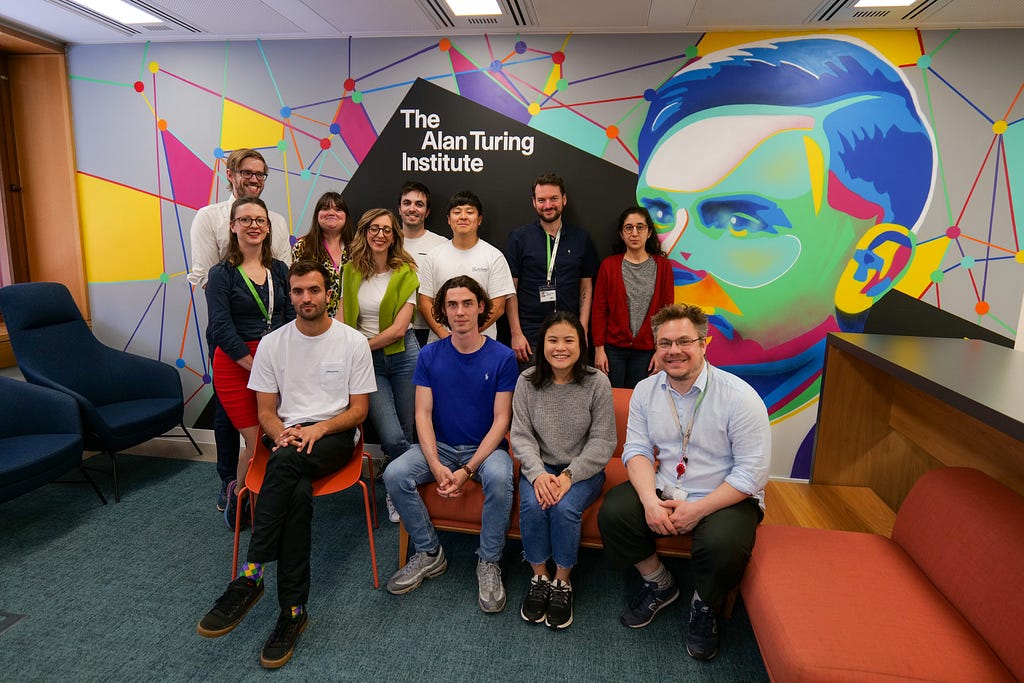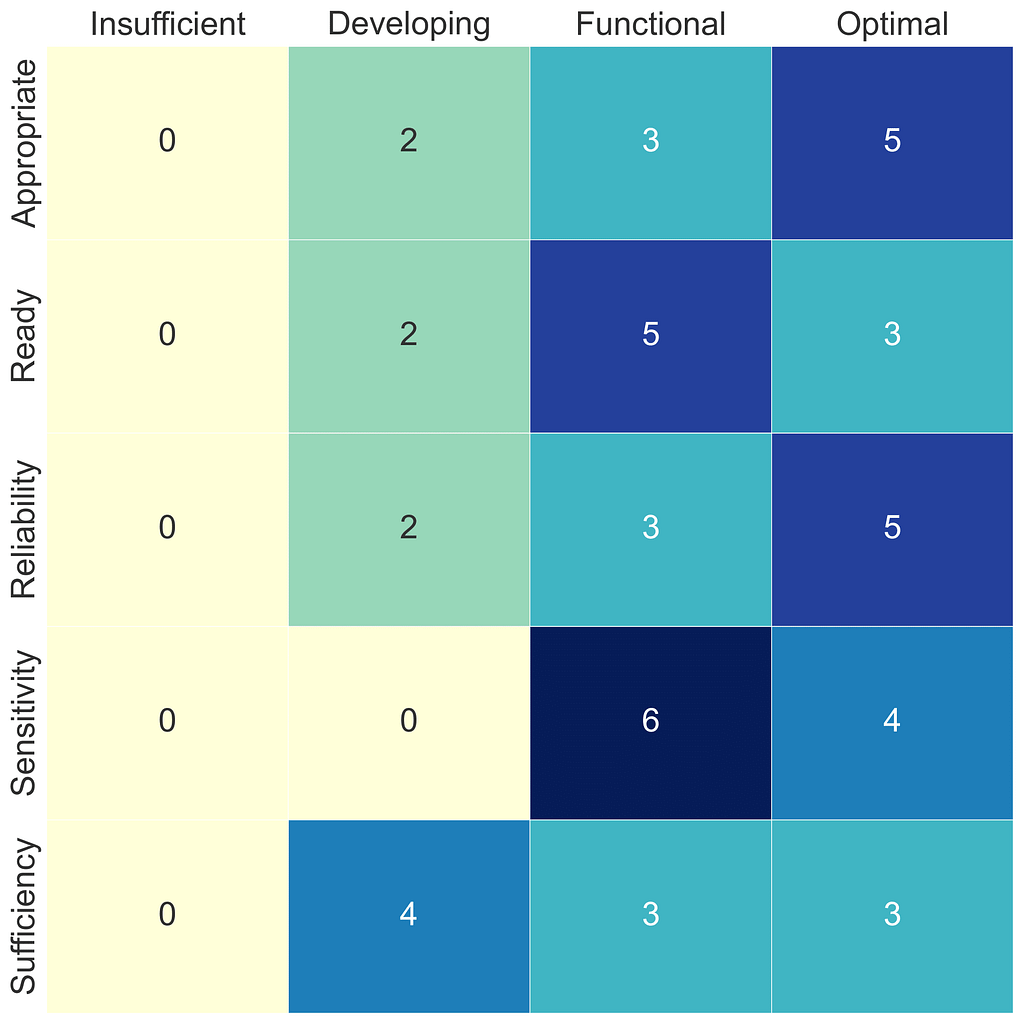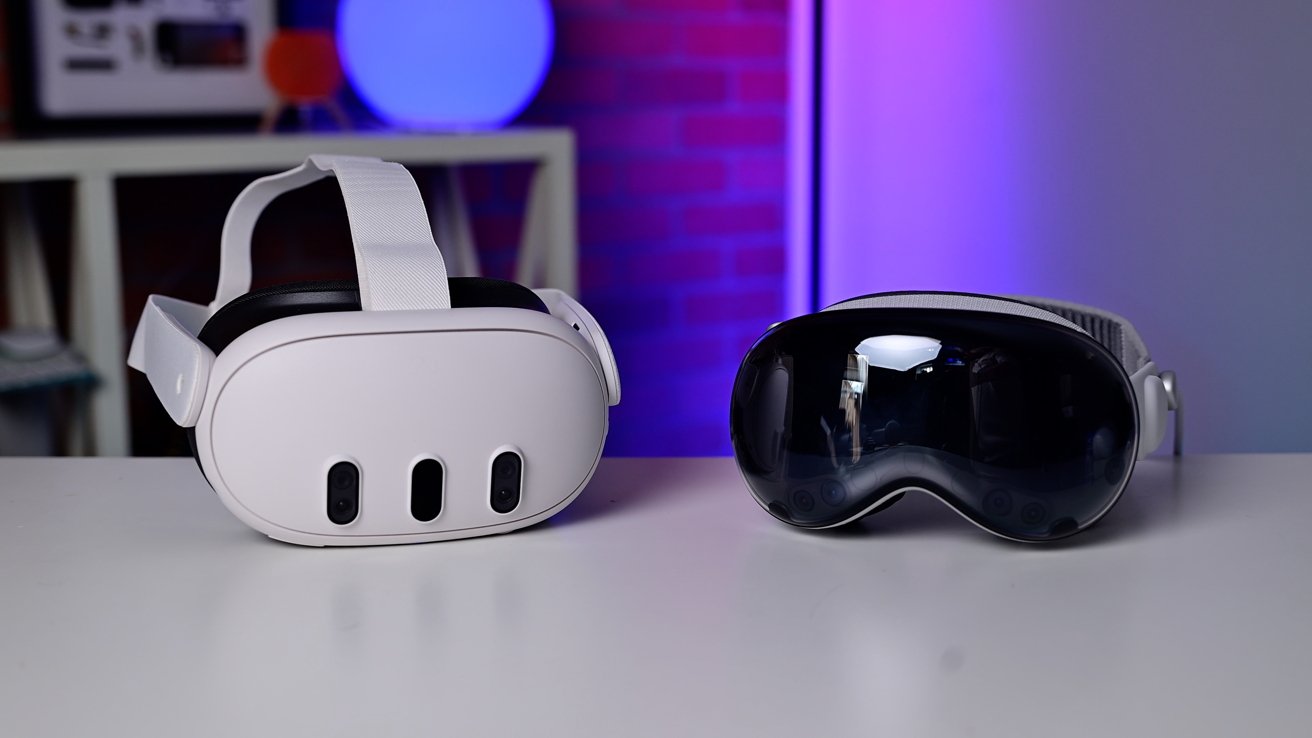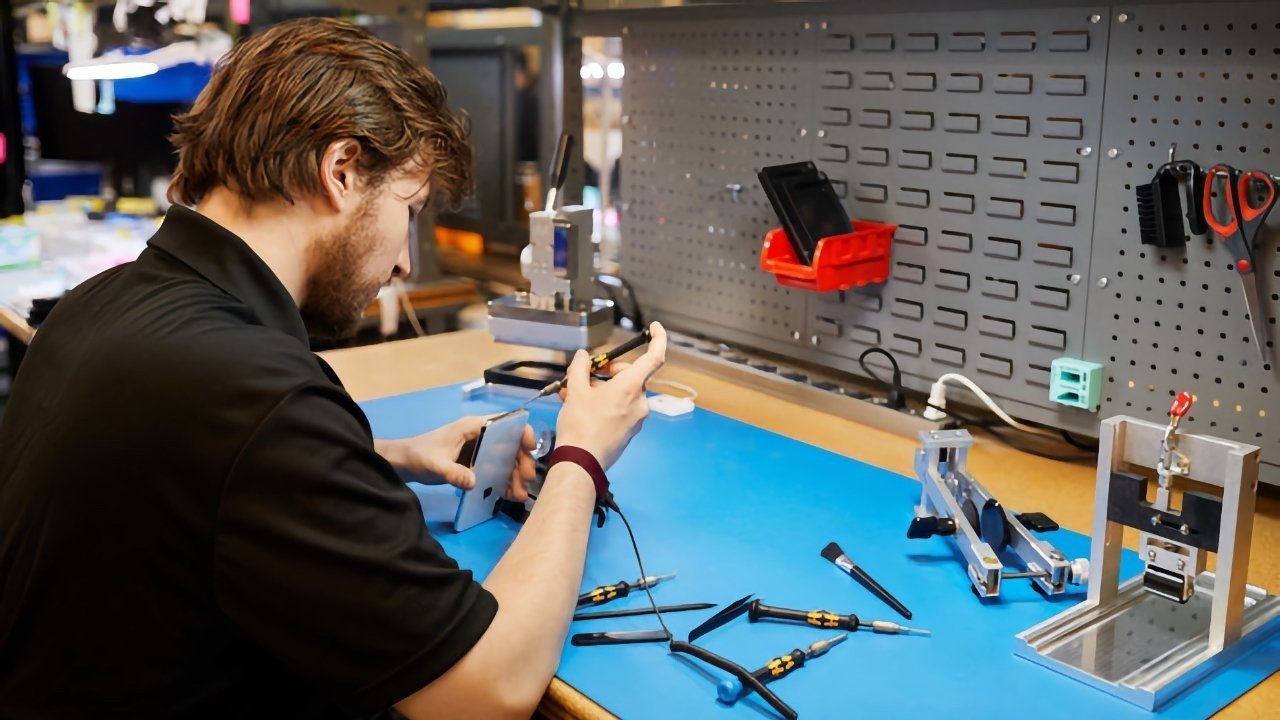
Originally appeared here:
London Underground is testing real-time AI surveillance tools to spot crime


Originally appeared here:
London Underground is testing real-time AI surveillance tools to spot crime


Originally appeared here:
Report: Sam Altman seeking trillions for AI chip fabrication from UAE, others


Datathons or data hackathons, loosely defined as data or data science-centric hackathons, have become increasingly popular in recent years, providing a platform for participants and organisations to collaborate, innovate, and learn in the area of data science over a short timeframe.
These events challenge participants to tackle data-related problems within a constrained timeframe, necessitating an understanding of data science and an acute awareness of the data being used.
Datathons, high-energy events where data science and machine learning practicioners come together to solve pressing problems, are as much about innovation as they are about the effective handling of data.
Despite the significant and potential benefits of datathons, organizations often struggle to work with data effectively due to a lack of clear guidelines and best practices for potential issues that might arise.
This blog post, written out of a Neural Information Processing Systems Conference 2023 paper on “How to Data in Datathons,” dives into critical aspects of preparing and selecting data for datathons, addressing:
— What does it mean for data to be appropriate for a datathon?
— How much data is enough data?
— How can we identify, categorise, and use sensitive data?
— Is the data analysis ready?
— Is the data reliable?
This framework is drawn from The Alan Turing Institute’s experiences and insights from organizing 80+ datathon challenges with 60+ partnership organizations since 2016!!
It aims to offer a set of guidelines and recommendations to prepare different data types for datathons drawn from extensive experience in datathon organisation. If interested, consider participating in one of the Data Study Group events as a participant or as a challenge owner; more info [here]


When it comes to datathons, not just any data will do. The data needs to be ‘appropriate,’ ‘sufficient,’ and sensitive to privacy concerns. Organizers and participants often grapple with questions like: What makes data suitable for a datathon? How much data is considered enough? How do we handle sensitive data? Each dimension is crucial for ensuring the data used in datathons is suitable, ethical, and conducive to achieving the event’s objectives. Let’s dive into these aspects one by one.
The appropriateness of data concerns its relevance and utility in addressing the datathon’s specific challenge questions. This dimension evaluates whether the data provided aligns with the objectives of the datathon, ensuring that participants have the right kind of data to work with.
Readiness assesses the condition of the data regarding its preparation for immediate analysis. It involves factors such as data cleanliness, completeness, structure, and accessibility, which significantly impact the efficiency of the datathon.
Reliability pertains to the accuracy and bias in the data. It questions the extent to which data can be considered a truthful representation of the phenomena or population it is supposed to depict.
Sensitivity deals with the data’s privacy, confidentiality, and ethical considerations. It evaluates the level of risk associated with using and sharing the data, particularly concerning personal or proprietary information.
Sufficiency evaluates whether the amount and type of data provided are adequate to address the challenge questions effectively. It considers the volume, variety, and granularity of the data in relation to the datathon’s goals.
Data Study Groups (DSGs) are an award-winning collaborative datathon event organised by The Alan Turing Institute, the UK’s national institute for data science and artificial intelligence. ADSGs consist on a datathons that is worked collaboratively by a single team (rather than multiple teams competing with each other). The aim of DSGs is to provide opportunities for organisations and participants from academia and industry to work together to solve real-world challenges using data science and ML methodologies. The DSGs are managed and prepared by a specialised internal team of event organisers and interdisciplinary academic support staff. More info [here]
A successful datathon is the result of preparation, flexibility, and the collective effort of organizers, challenge owners, and participants. We outline the following reccomendations.
The groundwork for a successful datathon is laid well before the event. Early engagement with challenge owners (business partners) is crucial. Their domain expertise and understanding of the data can significantly shape the event’s direction and outcomes. Their understanding of the problem and domain expertise can greatly improve the data, and early collaboration helps align the objectives and expectations on both sides, increasing the likelihood of a fruitful event.
As the datathon approaches, it is beneficial to do sanity checks on data readiness and consider changing the challenge questions based on input from an experience investigator that is able to align the industry requirements and the research requirements taking into consideration the perspective of participants.
The live event is where planning meets reality. PIs play a crucial role in guiding participants through data challenges and ensuring the objectives are met. Additionally, participant feedback is a goldmine. Their fresh eyes on the data can uncover new insights or identify areas for improvement, making the datathon a dynamic environment where adjustments are not just possible but encouraged.
Interested in real use cases? In the proceedings paper, we mapped 10 use cases to our framework.
The full reports, along with the outcome of other Data Study Groups, can be found at [Reports Section]

In this paper, we have analysed data in the context of datathons along five key dimensions: appropriateness, readiness, reliability, sensitivity and sufficiency, drawn from organizing 80+ datathons since 2016. By doing so, we hope to improve the handling of data for organisations prior to datathon events.
Our proposed qualitative analysis provides a degree of data status across several perspectives; these degrees can be adapted or extended, similar to the Technology Readiness Levels provided by NASA, which have been extended through time and further work.
Bibtex Citation:
@inproceedings{
mougan2023how,
title={How to Data in Datathons},
author={Carlos Mougan and Richard Plant and Clare Teng and Marya Bazzi and Alvaro Cabrejas-Egea and Ryan Sze-Yin Chan and David Salvador Jasin and martin stoffel and Kirstie Jane Whitaker and JULES MANSER},
booktitle={Thirty-seventh Conference on Neural Information Processing Systems Datasets and Benchmarks Track},
year={2023},
url={https://openreview.net/forum?id=bjvRVA2ihO}
}
Mougan, C., Plant, R., Teng, C., Bazzi, M., Cabrejas-Egea, A., Chan, R. S.-Y., Jasin, D. S., Stoffel, M., Whitaker, K. J., & Manser, J. (2023). How to data in datathons. In Thirty-seventh Conference on Neural Information Processing Systems Datasets and Benchmarks Track.

Navigating Data in Datathons: Insights and Guidelines at Neural Information Processing Systems… was originally published in Towards Data Science on Medium, where people are continuing the conversation by highlighting and responding to this story.
Originally appeared here:
Navigating Data in Datathons: Insights and Guidelines at Neural Information Processing Systems…



The Apple Vision Pro was first previewed on on June 5, 2023 and shipped to the public on February 2, 2024. It’s clear by looking at it, that it’s an Apple product, taking design cues from the iPad, iPhone, and AirPods Max.
The Meta Quest 3 made its official debut on June 1, 2023, and subsequently hit the market on October 10, 2023, offering users access to its advanced features and functionalities.



On Thursday, Apple’s principal secure repair architect, John Perry, argued against a right-to-repair bill. The move comes six months after it supported a similar bill, which is now law, in California.
“It is our belief that the bill’s current language around parts pairing will undermine the security, safety, and privacy of Oregonians by forcing device manufacturers to allow the use of parts of unknown origin in consumer devices,” Perry, told the legislature.
Go Here to Read this Fast! Apple is back to lobbying against right-to-repair bills
Originally appeared here:
Apple is back to lobbying against right-to-repair bills
Go Here to Read this Fast! These $150 earbuds beat my Google Pixel Buds Pro in one meaningful way
Originally appeared here:
These $150 earbuds beat my Google Pixel Buds Pro in one meaningful way
Go Here to Read this Fast! Nuggets vs Kings live stream: Can you watch the NBA game for free?
Originally appeared here:
Nuggets vs Kings live stream: Can you watch the NBA game for free?
Go Here to Read this Fast! Pelicans vs Lakers live stream: Can you watch the NBA game for free?
Originally appeared here:
Pelicans vs Lakers live stream: Can you watch the NBA game for free?